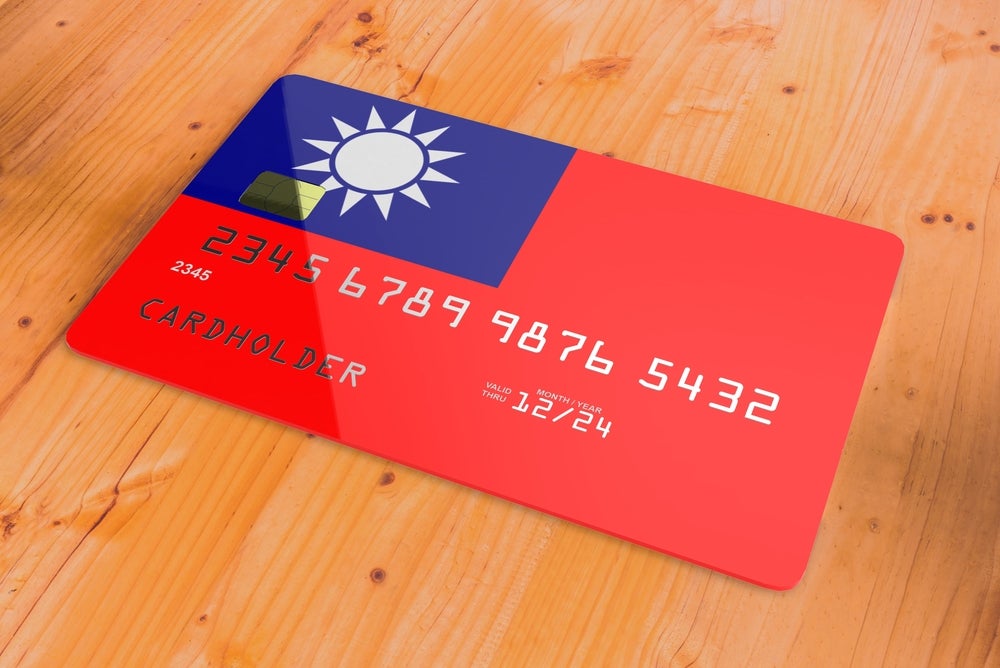Alternative payments are gaining prominence in Switzerland with the rise in e-commerce, while the growing popularity of travel cards is boosting prepaid cards growth. However, oversaturation is leading many banks to shift their focus from HNWIs to women and the younger population
Switzerland’s payment cards market is mature, with a high penetration of payment cards, at two per inhabitant. The average annual spend per card is higher than many of its European peers, including the Netherlands, Luxembourg, Belgium and Austria.
The country’s payment cards market grew in terms of both transaction value and volume between 2011 and 2015, supported by infrastructure modernisation, and growth in the retail, e-commerce, and tourism industries.
Switzerland’s payment cards market grew during in the same time period, in terms of the number of cards in circulation, transaction volume and value, with respective compound annual growth rates (CAGRs) of 3.69%, 11.27% and 3.57%. The payment card market’s positive growth was supported by a consumer shift from cash to card-based transactions.
The average transaction value (ATV) on all payment cards decreased from $140.20 in 2011 to $105.30 in 2015, and is anticipated to decrease further between 2016 and 2020, from $98.40 in 2016 to $91.20 in 2020.
The decline in ATVs is a reflection of the continuing migration of low-value cash payments to payment cards, alongside the increasing use of contactless cards.
How well do you really know your competitors?
Access the most comprehensive Company Profiles on the market, powered by GlobalData. Save hours of research. Gain competitive edge.

Thank you!
Your download email will arrive shortly
Not ready to buy yet? Download a free sample
We are confident about the unique quality of our Company Profiles. However, we want you to make the most beneficial decision for your business, so we offer a free sample that you can download by submitting the below form
By GlobalDataSwitzerland is a host to a number of wealthy individuals and large corporates, and the majority of banks offer private banking, wealth and asset management services. Payment cards are cross-sold to these customers as part of bundled offerings. In the matured market, attention is now gradually turning towards other consumer segments, and banks are offering customised cards for students, the young, travellers, women and SMEs.

Lower interchange fees
To encourage card acceptance among Swiss merchants, Comco lowered Visa and MasterCard credit cards interchange fees from 0.95% to 0.70%, effective August 1, 2015; it plans to further reduce the fee to 0.44% from August 1, 2017, which will result in savings of around $62.3m annually.
No interchange fee is charged on Maestro debit cards. As a result, merchants are likely to show more inclination towards card payments.
Advancement of payment infrastructure
All cards issued in Switzerland are EMV-compliant, and the majority host contactless technology. According to the central bank, the number of contactless cards was 7.1 million in 2015; the number is expected to increase from 8.8 million in 2016, to reach 14.2 million by 2020, as banks and issuers are keen to promote contactless technology.
Retailers including avec, Ikea, Jumbo, kkiosk, Coop, Migros, McDonalds, Spar and Starbucks now accept contactless payments.
The introduction of the WISE solution in the framework of the EMVI’16 is likely to complement initiatives to improve consumer convenience and payment security.
EMVI’16, a new chip specification, enables Swiss banks and international issuing processing customers of SIX Payment Services to offer secured contactless payments. With combination of both EMV and contactless features, it allows cardholders to make payments by waving a card in front of a contactless terminal.
The e-commerce market registered a CAGR of 14.46% in terms of transaction value between 2011 and 2015. While payment cards continue to be the most popular online payment method, the emergence of new alternative solutions such as PayPal, Apple Pay, MasterPass and Twint is anticipated to challenge the dominance of payment cards in the e-commerce space.
To offer a faster checkout experience, PayPal expanded its One Touch instant checkout service to Switzerland in August 2015. One Touch can be activated from the PayPal website, and is used to skip the login process at eligible websites.
Apple Pay, which launched in July 2016, enables Visa and MasterCard credit cardholders to make remote in-app online payments. MasterCard launched the MasterPass digital wallet in Switzerland in 2015. It allows consumers to store all their cards, shipping and billing address details in one place, and use any of them to make payments for online purchases.

Growing preference for prepaid cards
The prepaid card market grew rapidly in terms of the number of cards in circulation, at a CAGR of 6.74% between 2011 and 2015. Anonymity, changing consumer attitudes to debt and bankless transactions were the main factors for this – giving prepaid cards the potential to capture a range of consumers, including students, travellers, and the unbanked population.
Growth in the prepaid card market was primarily driven by the popularity of travel cards. Banks issue these cards to retail and corporate customers, and bundle them with insurance, reward points, and emergency card replacement features.
Consumers can reload cards at ATMs and online, or by sending an SMS to the bank.
A prominent example of a travel card in Switzerland is Raiffeisen Bank’s Travel Cash Card. This is a prepaid card with chip-and-PIN functionality, and can be loaded at an ATM or via an app.
The card is accepted at more than 31 million establishments worldwide. Cardholders also receive reward points and special discounts at partner retailers. In the event of card loss or theft, the bank immediately issues a new card.
To serve the growing needs of outbound travellers and reduce use of travellers’ checks, Credit Suisse offers the prepaid Travel Cash card. The card is available to consumers in Switzerland and Liechtenstein and can be used to withdraw cash at ATMs or make cash-free payments in store.








